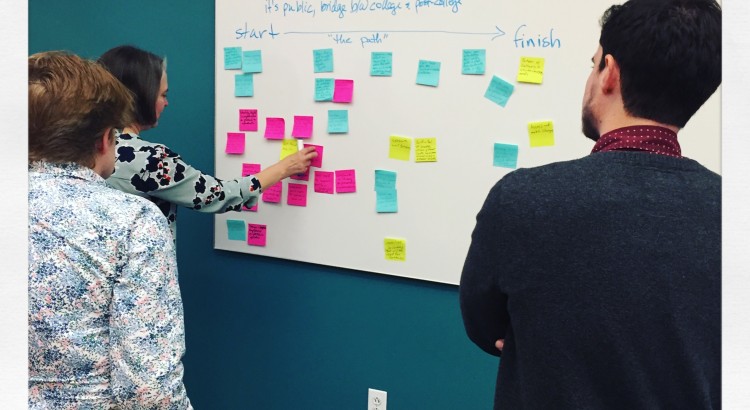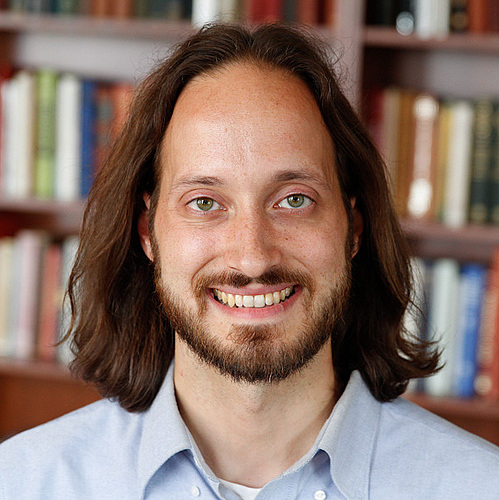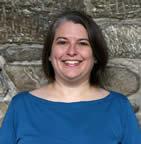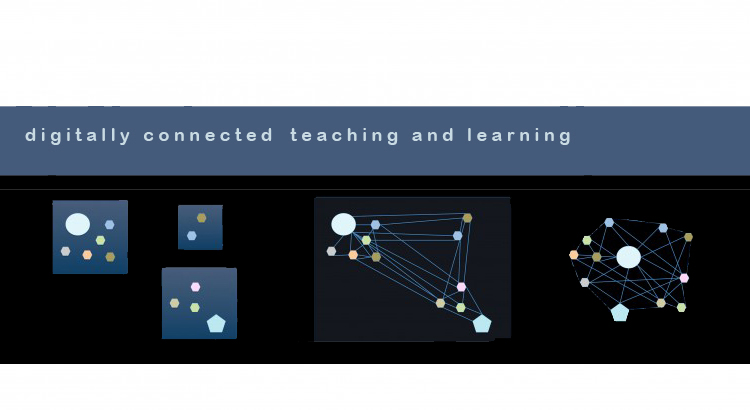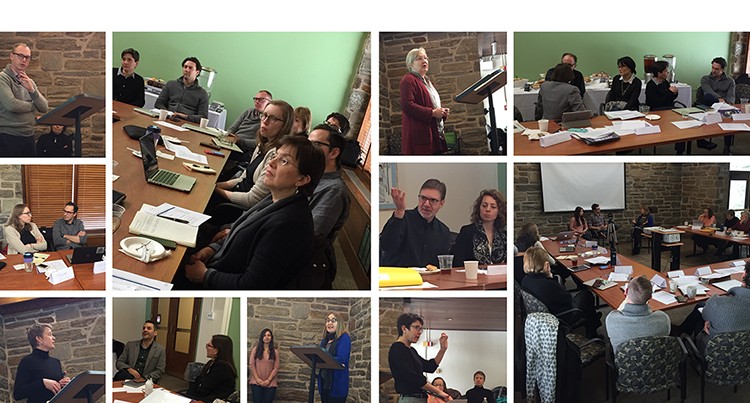Event: Data Science: On ramps and scaffolds
Location: ZOOM web conference
Date: Friday, November 9
Time: 1:00-2:00pm Eastern
Discussion Leads:
⇒ Ming-Wen An, Assoc. Professor of Statistics, Vassar College
⇒ Ella Foster-Molina, Teaching Associate, Quantitative Skills Laboratory, Swarthmore College
Prework:
- Review Draft Matrix of Data Science On Ramps and Scaffolds
- Optional: Before the webinar, submit one activity or resource you use for teaching related to any topic in column B in the matrix linked above
Related Event: Envisioning a “What is data science?” webinar for students (Oct 1, 2018)
Description: Following on from the lively July webinar focused on the NAS Data Science for Undergraduates report (nap.edu/25104), LACOL DS+ members are invited to join a follow up webinar .
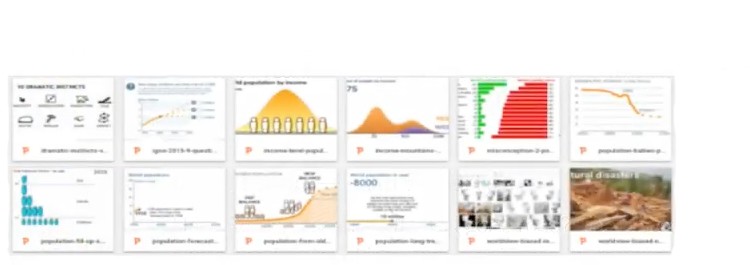
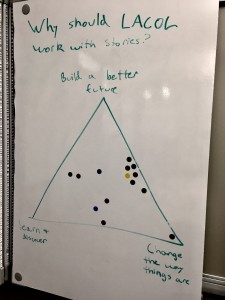
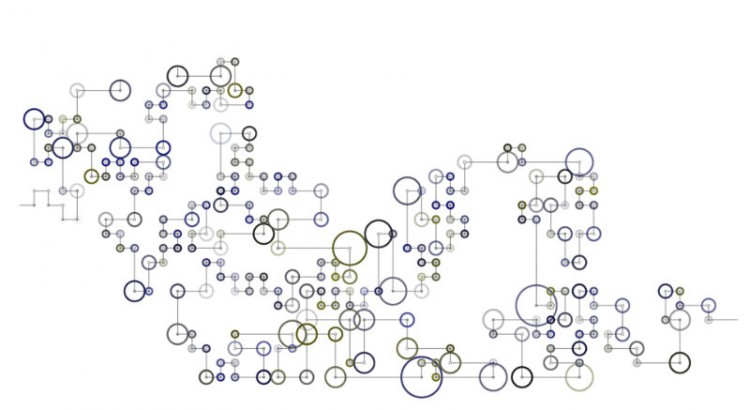
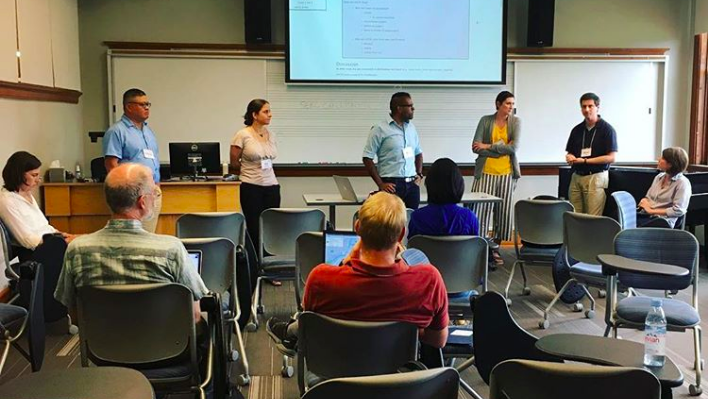
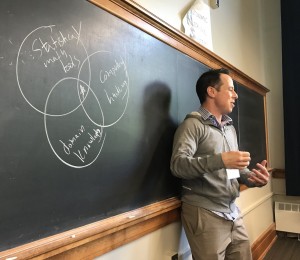 The intersection between Data Science and Environmental Studies is emerging as an area of focus for LACOL as we explore opportunities for collaboration around digitally engaged modes of teaching and learning for the liberal arts.
The intersection between Data Science and Environmental Studies is emerging as an area of focus for LACOL as we explore opportunities for collaboration around digitally engaged modes of teaching and learning for the liberal arts.